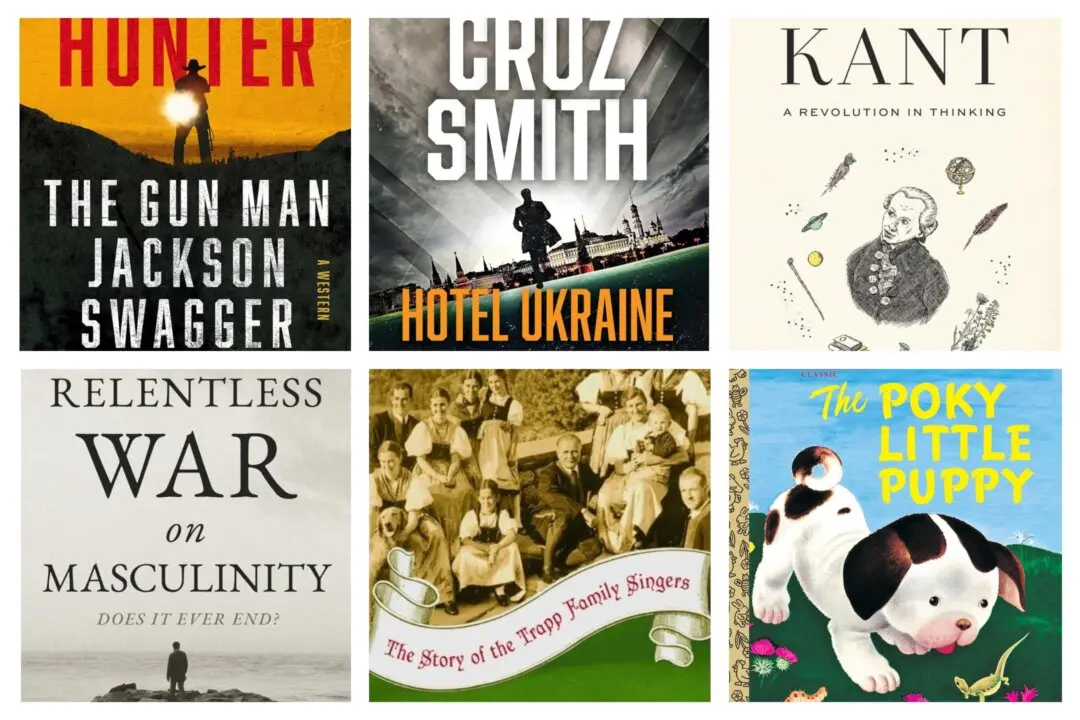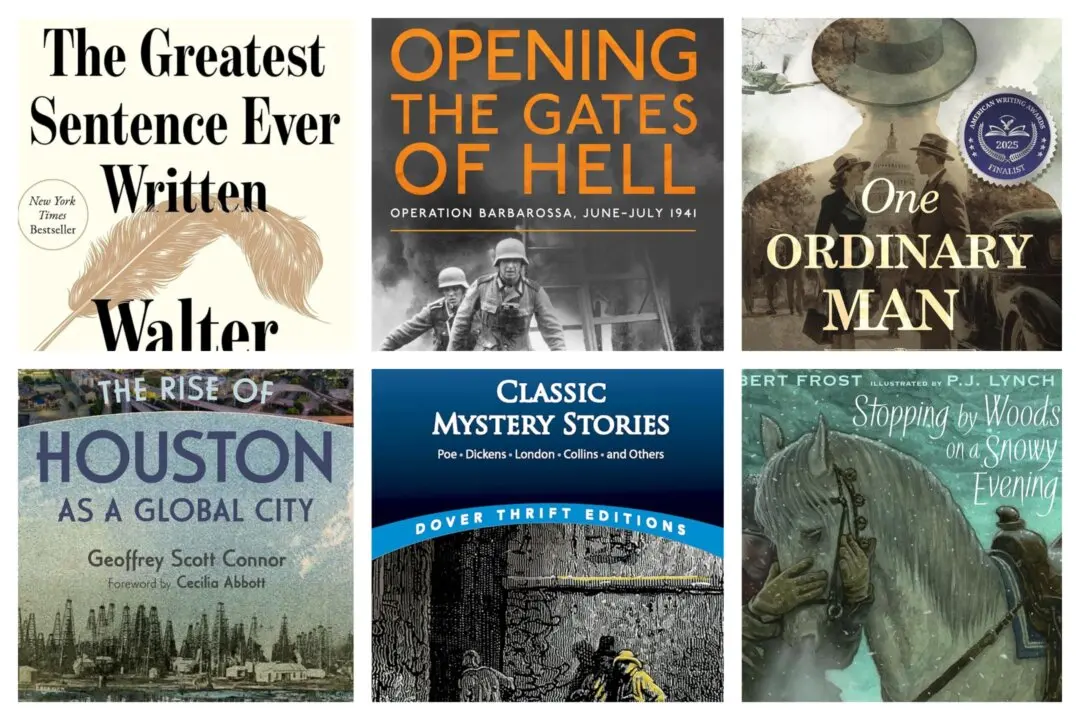The greeting starts out routine. You bump into a friend at the grocery store and they ask how you are. You find yourself thinking you aren’t that busy, at least, not enough to describe how you are. Things have settled down and work and family are status quo. Do you hesitate to say it ... that you, in fact, aren’t busy? Are you embarrassed that it will sound as if you are dull, unimportant, or unmotivated?
Dr. Bradley R. Staats, researcher at the University of North Carolina Kenan-Flagler Business School, suggests a possible explanation for such a reaction. He calls it “action bias.” Writing in The Wall Street Journal, Staats explains:
“We would rather be seen doing something than doing nothing. When the going gets tough, the tough get going right? This idea is so deeply ingrained that we are afraid to give the appearance of doing nothing, even when it is the best strategy.”Science backs up this up. A study done in 2016 by Silvia Bellezza of Columbia Business School found that there are certain things that signal more busyness, and from that busyness, more status. Some of these busyness status symbols include using a Bluetooth headset or using online grocery services.





